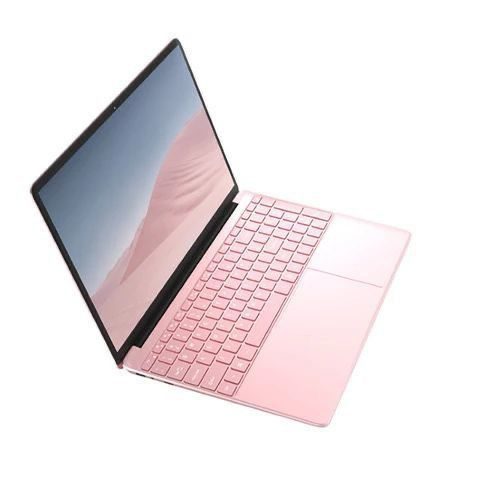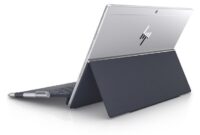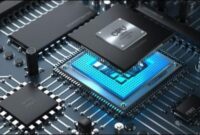TechnoFixzi.com – Notebook computers, also known as laptops, are popular devices for personal computing and productivity due to their portable size. Below, I will discuss some common advantages and disadvantages of notebooks:
Notebook Advantages
1. Portability
Notebooks are highly portable and can be taken anywhere. You can work, study, or play games in various locations without being tied to a desk.
2. Battery Life
Many notebooks have good battery life, allowing you to use the device on the go without frequently searching for a power source.
3. Desktop-Like Functionality
With technological advancements, notebooks now offer performance nearly equivalent to desktops. You can run demanding applications such as graphic design or video processing software smoothly.
4. Connectivity
Notebooks are generally equipped with a variety of ports and connectivity options, including USB, HDMI, Wi-Fi, and Bluetooth, allowing you to connect to external devices such as monitors, printers, and other devices.
5. Easy Upgrades
Some notebook models allow users to replace or upgrade components such as RAM or storage, although this may not be as extensive as desktops.
Notebook Weaknesses
1. Limited Performance
Although notebooks are increasingly powerful, some models still have lower performance compared to high-end desktops. Higher heating can also limit long-term performance capabilities.
2. Screen Size and Ergonomics
Notebook screens are smaller compared to desktop monitors, which can interfere with productivity or visual comfort. Keyboards and touchpads can also be less ergonomic than external devices.
3. Heating
The smaller size makes notebooks more likely to heat up, especially when running demanding applications. This can affect performance and battery life.
4. Limited Repairability
Many notebooks have a more integrated and enclosed design, making them difficult to repair if internal components are damaged.
5. Cost
Notebooks with high-end specifications are often more expensive than desktops with comparable specifications. Furthermore, the cost of repairing or replacing components on notebooks can also be higher.
6. Limited Upgrades
While some notebooks allow for some types of upgrades, these options are often more limited than those found on desktops.
When choosing between a notebook and a desktop, consider your needs and preferences. If portability and mobility are top priorities, a notebook can be a good choice. However, if you require high performance and flexibility in upgrades, a desktop may be a better fit.(**)










